19 August 2023
What was I made for?
Bethany Gibson
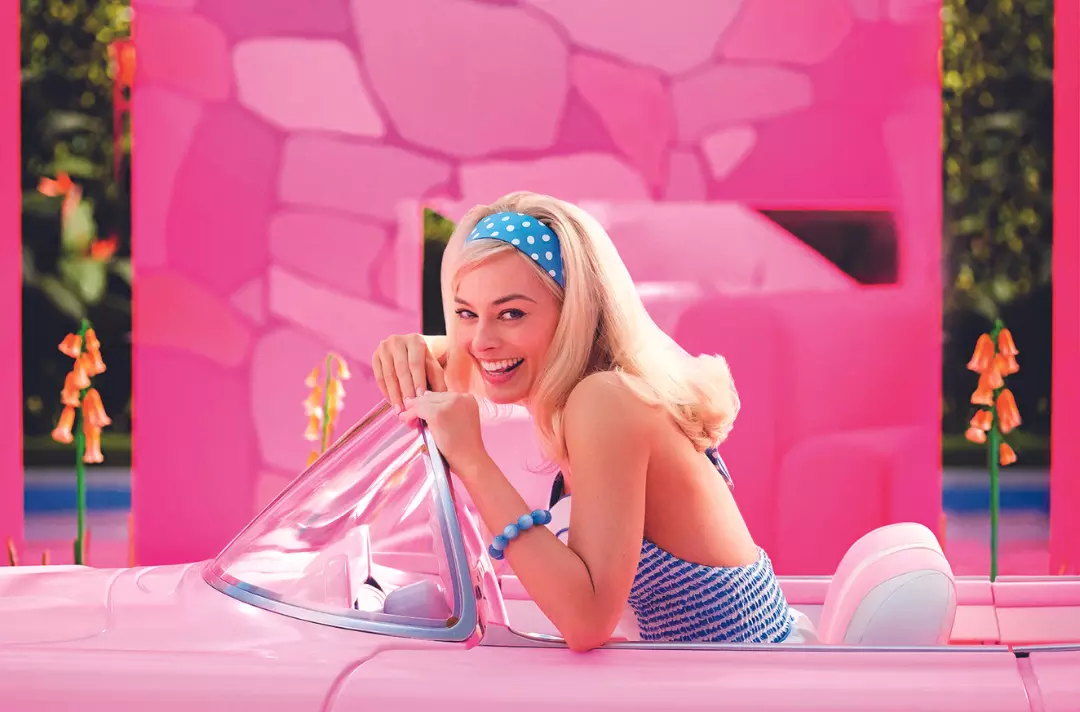
As we seek fullness of life for all with Jesus, Bethany Gibson reminds us that we’re not living in a Barbie world.
After recently confessing on Salvationist Radio’s Sunday Worship that I’m not a ‘Barbie girl’, I find myself thinking once again about the Hollywood blockbuster currently in cinemas. Since my trip to see Barbie, I have had the soundtrack on repeat. I especially love the haunting song ‘What Was I Made For?’ by Billie Eilish.
Questions about identity and purpose are central to the film. In it, Barbie learns real life isn’t about being perfect, while Ken discovers he’s more than a sidekick. Despite Barbie and Ken finding a deeper sense of identity and purpose, there are unresolved social issues at the end of the film – it leaves the audience knowing there is more work to do to achieve social equality.
Paul, in 1 Corinthians 12:12–31, has lots to say about what living well together looks like: ‘But God has put the body together, giving greater honour to the parts that lacked it, so that there should be no division in the body, but that its parts should have equal concern for each other.’ Not only do we find there is equity and equality for members of the body – listen to episode 24 of the Sunday Worship podcast for my thoughts on this – but members are reconciled together. God wants there to be ‘no division’ so he helps members find their individual and collective identity and purpose.
The body of Christ demonstrates justice and reconciliation – this is what our territorial mission priority calls us to seek. God doesn’t want us to pick and choose between the two, because they depend on each other. All too often, the world’s sense of justice means ‘justice for me at someone else’s expense’ – it divides us into being ‘right’ and ‘wrong’ with no middle ground. Its idea of reconciliation doesn’t address the pain of inequality either – it doesn’t make space for lament, repentance and healing. The body of Christ shows us a different model, one where justice and reconciliation enable us to live well together.
As Christians, the question ‘what was I made for?’ becomes ‘what were we made for?’ because our loving creator God has made us one through the life, death and resurrection of Jesus. The good news, as our territorial vision statement reminds us, is that fullness of life for all – fullness of life together – is possible with Jesus.
Those two words at the end make all the difference. Without Jesus, we are lost – we remain feet and hands without a body, isolated Barbies and Kens fighting for our own voice or place in the world without a God-given family to ground us. With Jesus, our needs are met as individuals and we are bound together into something greater and more beautiful. Jesus brings peace, healing, patience, forgiveness, mercy and grace that the world cannot. Jesus is bigger than any hurt or difference that would seek to divide us (see Ephesians 2:14–21).
We need to tell the world about Jesus, because we don’t have to settle for Barbieland or our imaginations – fullness of life for all is something that we can experience now in the real world. This is what we were made for.
Reflect and respond
- Book a place on the next Design for Life course (15–17 September).
- Consider 2 Corinthians 5:17–19 and Ephesians 2:14–21. How does God’s message of reconciliation impact how we deal with injustice or people who hurt us?
- Read the Army’s positional statement on peacemaking and pray for peace.
Written by
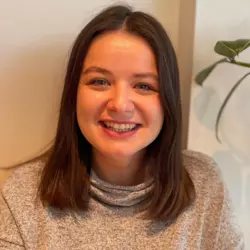
Bethany Gibson
Online Content Editor, THQ
Discover more

DFL is a weekend retreat at William Booth College to help you discern God's calling.
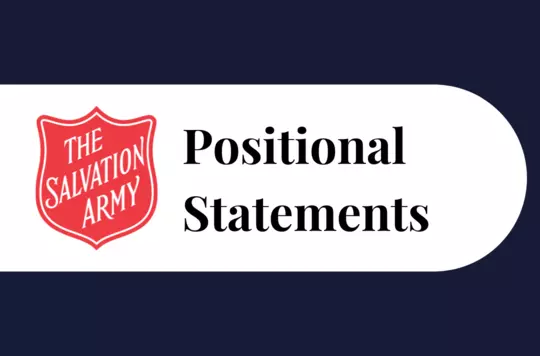
Information and guidance about moral and social issues for members of The Salvation Army.
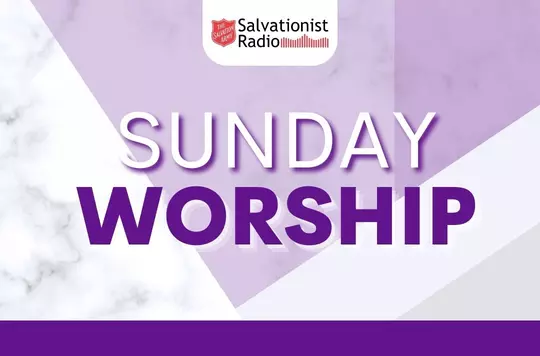
Bethany Gibson reflects on equity and equality in the body of Christ.
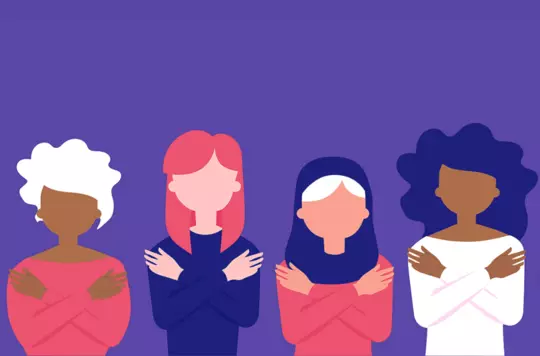
Bethany Gibson considers how equity is essential to fullness of life for all.